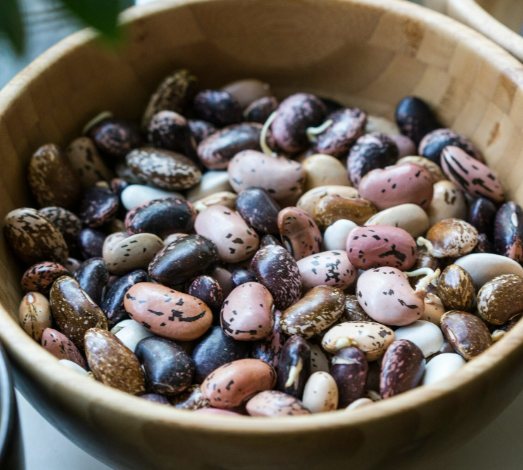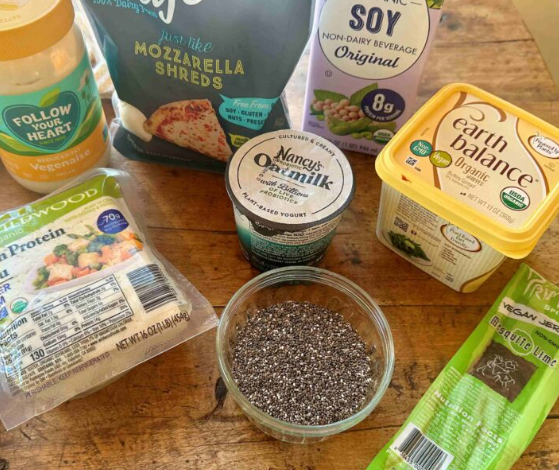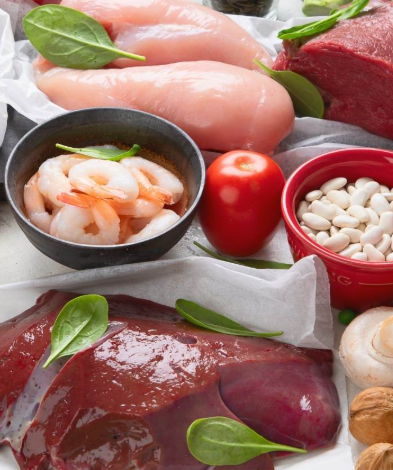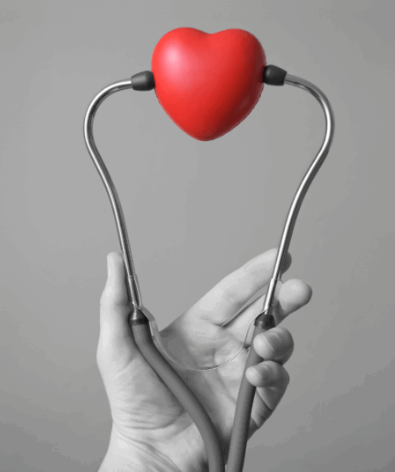
Are Beans Really Bad For You? Debunking Common Myths
Beans are often seen as a cornerstone of healthy eating, packed with protein, fiber, and essential nutrients. But recently, they’ve been getting a bad reputation. Claims have been circulating about beans contributing to weight gain, causing blood sugar issues, and even being dangerous due to substances like lectins. So, what’s the truth?
As someone who loves beans, I wanted to clear the air and share some insight into the health benefits of beans, as well as address the myths and misconceptions around them. Let’s dive into why beans are far from the enemy.
What Are Beans?
At the most basic level, beans are a type of legume, a family of plants that produce edible seeds within pods. Legumes are divided into categories like beans, lentils, and chickpeas—each offering unique health benefits. Beans are the seeds from these pods, often kidney-shaped, and a staple in many diets worldwide.
Health Benefits of Beans
Beans are highly nutritious and offer a wide range of benefits that contribute to a healthy lifestyle. Here’s why they deserve a place in your kitchen:
- Rich in Nutrients
Beans are an excellent source of plant-based protein and fiber. A half-cup serving of beans contains about 8 grams of protein and 7 grams of fiber, along with important vitamins and minerals like potassium, magnesium, folate, calcium, and even iron. - Heart Health
Research suggests that beans can support heart health by lowering blood pressure, reducing the risk of stroke, and preventing coronary heart disease. Their rich content of fiber and antioxidants plays a significant role in reducing inflammation, a major factor in heart disease. - Weight Management
Despite being carbohydrate-rich, beans help with weight management. Their high fiber and protein content keep you feeling full longer, which reduces overall calorie intake. Studies show that people who eat beans regularly tend to gain less weight over time compared to those who avoid them. - Improved Blood Sugar Control
Consuming beans has been linked to improved blood sugar regulation, which is especially important for those at risk of Type 2 diabetes. Eating around 1.5 cups of beans per week can lower your risk of developing Type 2 diabetes by 35%, thanks to the soluble fiber and resistant starch in beans that improve gut health.
Are Lectins Really That Bad?
You may have heard that beans contain lectins, which are sometimes described as “anti-nutrients.” Lectins are proteins found in many foods, and they do have the ability to bind to carbohydrates, making them harder to digest. Some people believe lectins cause inflammation, digestive issues, and autoimmune problems.
However, the real issue with lectins arises when beans are not properly cooked. Raw or undercooked beans, especially kidney beans, contain high levels of harmful lectins that can cause digestive distress. But don’t worry—cooking beans properly eliminates nearly all harmful lectins, making them safe to eat.
Beans and Digestive Health
While beans are nutritious, they’re also packed with complex carbohydrates and fiber, which can sometimes lead to digestive discomfort, like gas or bloating. But this doesn’t mean beans should be avoided. Here’s how to make them easier on your stomach:
- Soak Beans Properly
Soaking dried beans overnight helps to reduce the compounds that can cause digestive issues. It also shortens the cooking time, making beans more digestible. - Start Slow
If you’re not used to eating beans, start with smaller amounts and gradually increase your intake. This allows your digestive system to adjust to the extra fiber and nutrients. - Use Digestive Aids
Consider adding kombu seaweed to your cooking. It contains enzymes that help break down the gas-causing compounds in beans, making them easier to digest.
Myths About Beans
There are several myths circulating about beans that deserve to be debunked. Here are a few common misconceptions:
- Myth: Lectins Are Harmful and Should Be Avoided
While some raw beans contain harmful lectins, cooking beans properly eliminates the issue. In fact, lectins are present in many other foods, including tomatoes and potatoes, and are generally safe when cooked. - Myth: Beans Slow Mineral Absorption
Beans do contain phytates, which can inhibit the absorption of certain minerals like iron and zinc. However, beans are also rich in these minerals, and with a varied diet, the impact of phytates is minimal. Including foods like garlic and onions in your meals can help enhance mineral absorption. - Myth: Beans Cause Blood Sugar Spikes
Despite being high in carbohydrates, beans have a low glycemic index, meaning they release sugar into the bloodstream slowly, preventing spikes in blood sugar. In fact, beans can help regulate blood sugar levels over time. - Myth: Beans Aren’t a Good Source of Protein
While animal protein is considered complete, plant-based proteins like beans contain all but one of the essential amino acids. By combining beans with whole grains, you can easily ensure that you’re getting a complete protein source.
How to Incorporate Beans into Your Diet
If you’re new to beans or have struggled with digestive discomfort, here are a few tips for making beans a regular part of your meals:
- Try Different Varieties
From black beans and kidney beans to chickpeas and lentils, there are so many varieties to choose from. Each type offers unique flavors and textures, making it easy to incorporate beans into a wide range of dishes. - Experiment with Recipes
Beans can be used in everything from soups and stews to salads and veggie burgers. They’re incredibly versatile and can take on the flavors of whatever spices and herbs you use. Try a bean chili or a bean salad for an easy, nutritious meal. - Use Canned Beans
If you’re short on time, canned beans are a convenient option. Just be sure to rinse them to remove excess sodium and look for BPA-free cans.
Conclusion: Beans Are a Nutritional Powerhouse
Beans offer a wealth of health benefits, including heart health, weight management, and better blood sugar control. While some people may have concerns about lectins or fiber, properly preparing beans and gradually increasing your intake can help minimize any digestive discomfort. The myths surrounding beans often stem from misinformation, but when consumed as part of a balanced, plant-based diet, beans are nothing short of a superfood.
So, next time you hear someone say “beans are bad for you,” you can confidently say, “No way!”






